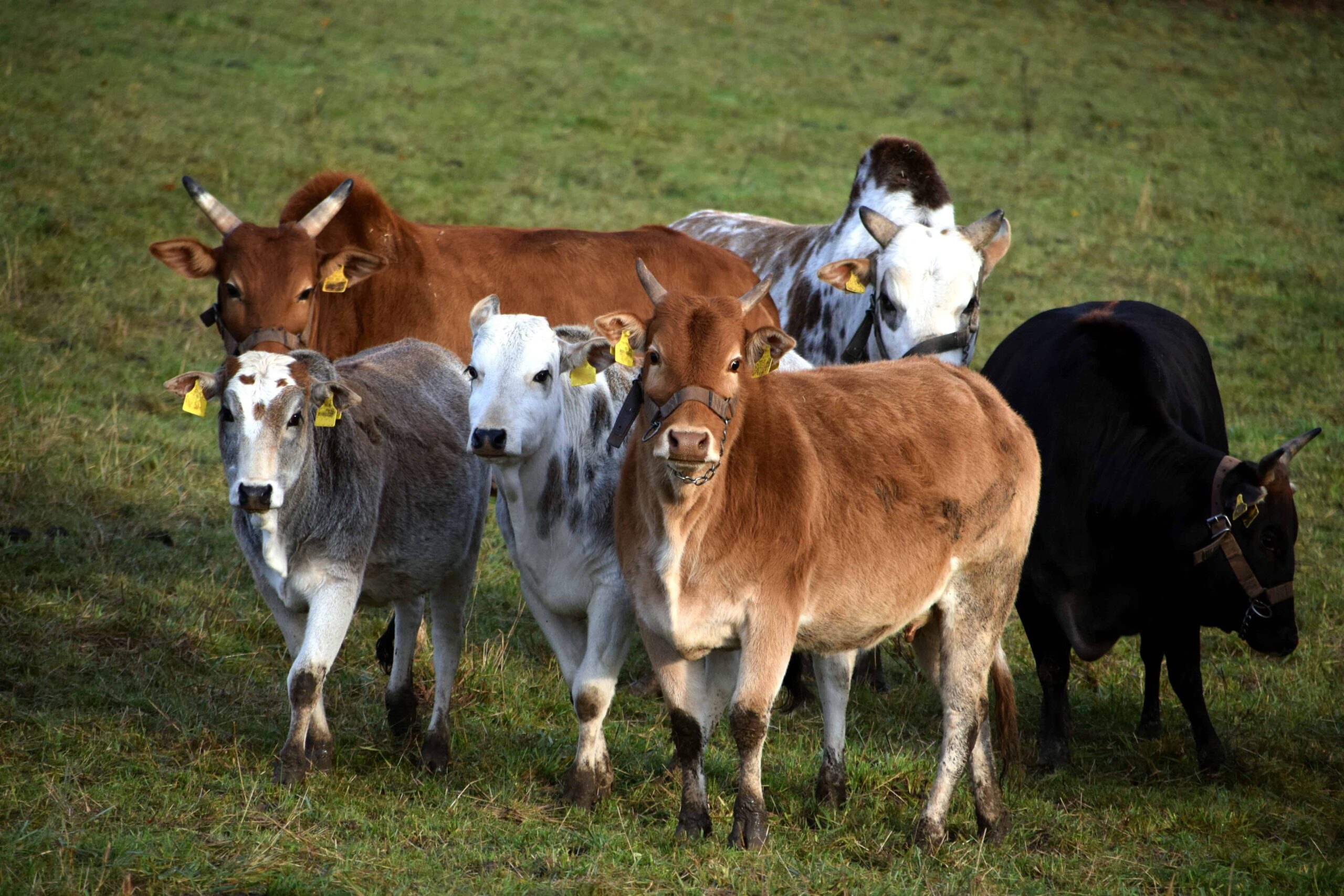
The animal nutrition market, while growing rapidly, faces several hindrances that may impede its progress and innovation. These challenges span economic, regulatory, and technological domains, and addressing them will be crucial for the market’s sustainable growth.
One of the key hindrances is the high cost of raw materials, particularly in the development of alternative feed ingredients. As the demand for more sustainable and eco-friendly feed options, such as plant-based proteins and insect-based feeds, grows, so does the cost of sourcing these ingredients. The higher price point for these sustainable alternatives compared to traditional feed ingredients makes it challenging for farmers to adopt them, particularly in developing regions where cost-effective solutions are essential for maintaining profitability.
Another significant barrier is the complexity of regulatory frameworks across different regions. The global nature of the animal nutrition market means that businesses must comply with varying regulations regarding safety, product approval, and labeling. Navigating these complex and often time-consuming regulatory processes can delay the introduction of new products and innovations into the market. Moreover, strict regulations on feed additives and ingredients can limit the range of available options, hindering the development of new, more effective feed solutions.
Technological challenges also present a considerable hindrance. While innovations in precision nutrition and smart farming are reshaping the industry, the adoption of these technologies requires substantial investment in infrastructure and training. Small-scale farmers, especially in traditional farming environments, may be reluctant or unable to invest in new technologies, limiting the widespread implementation of advanced feeding practices.
These hindrances, if left unaddressed, could slow the pace of progress in the animal nutrition market. However, overcoming these challenges through innovation, regulatory reform, and education could pave the way for a more sustainable and efficient future in animal nutrition.